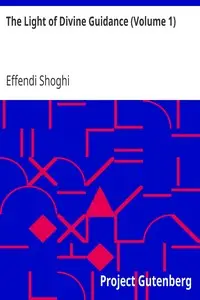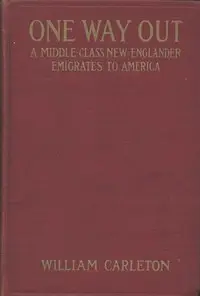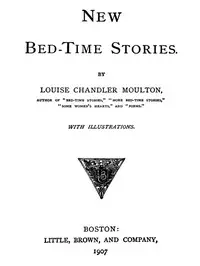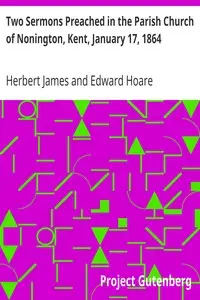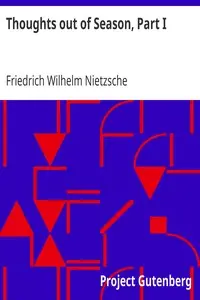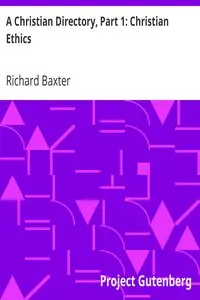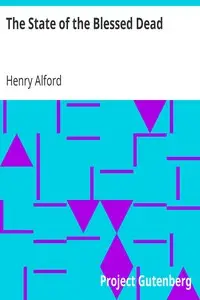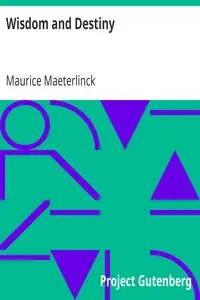"The Advent of Divine Justice" by Shoghi Effendi is a spiritual treatise written in the mid-20th century. This work addresses the responsibilities and opportunities facing the Bahá'í community, particularly in the context of social justice, moral rectitude, and the propagation of Bahá'u'lláh's teachings. The author emphasizes the need for unity among diverse races and classes, as well as the community's role in pioneering the establishment of a new world order. The opening portion of the book sets a tone of urgency and hope as it discusses the critical challenges and responsibilities confronting the Bahá'í community, especially in the wake of persecution. The author expresses profound admiration for the efforts of believers, while also emphasizing the moral and spiritual qualities needed to navigate these trials. He lays out the importance of the Seven Year Plan—the dual focus on the construction of a Temple and the expansion of teaching efforts—as essential avenues for fulfilling their divine mission, urging every member of the community to engage actively in this transformative work. Furthermore, the words reflect on the significant role that American believers must play in heralding the principles of justice and unity in a world fraught with division and conflict. (This is an automatically generated summary.)
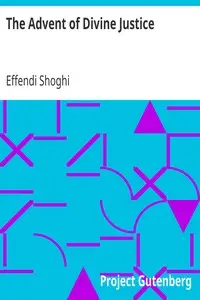
The Advent of Divine Justice
By Effendi Shoghi
"The Advent of Divine Justice" by Shoghi Effendi is a spiritual treatise written in the mid-20th century. This work addresses the responsibilities and...
Shoghí Effendi (; Persian: شوقی افندی; 1 March 1897 – 4 November 1957) was an Ottoman-born Iranian religious figure and the Guardian of the Baháʼí Faith from 1921 to 1957. As the grandson and successor of ʻAbdu'l-Bahá, he was responsible for creating a series of teaching plans that oversaw the expansion of the Baháʼí Faith to a number of new countries, and also translated many of the written works of crucial Baháʼí leaders. Upon his death in 1957, the Hands of the Cause, which included his Canadian wife Rúhíyyih Khánum, took on the role of overseeing the transfer of the religion's supreme legal authority to the Universal House of Justice, which has held elections every five years since 1963.





